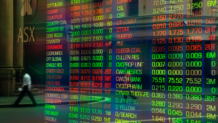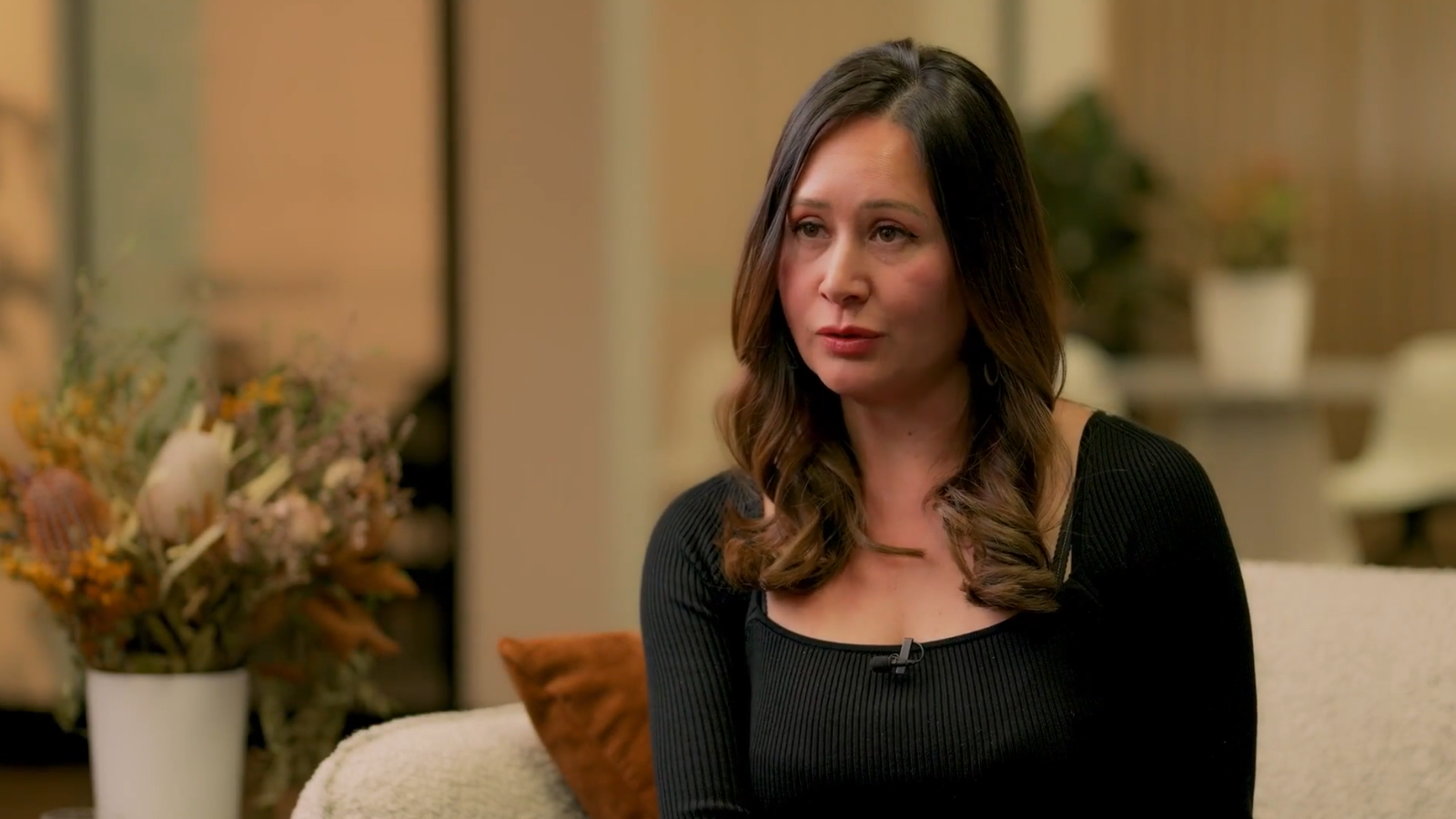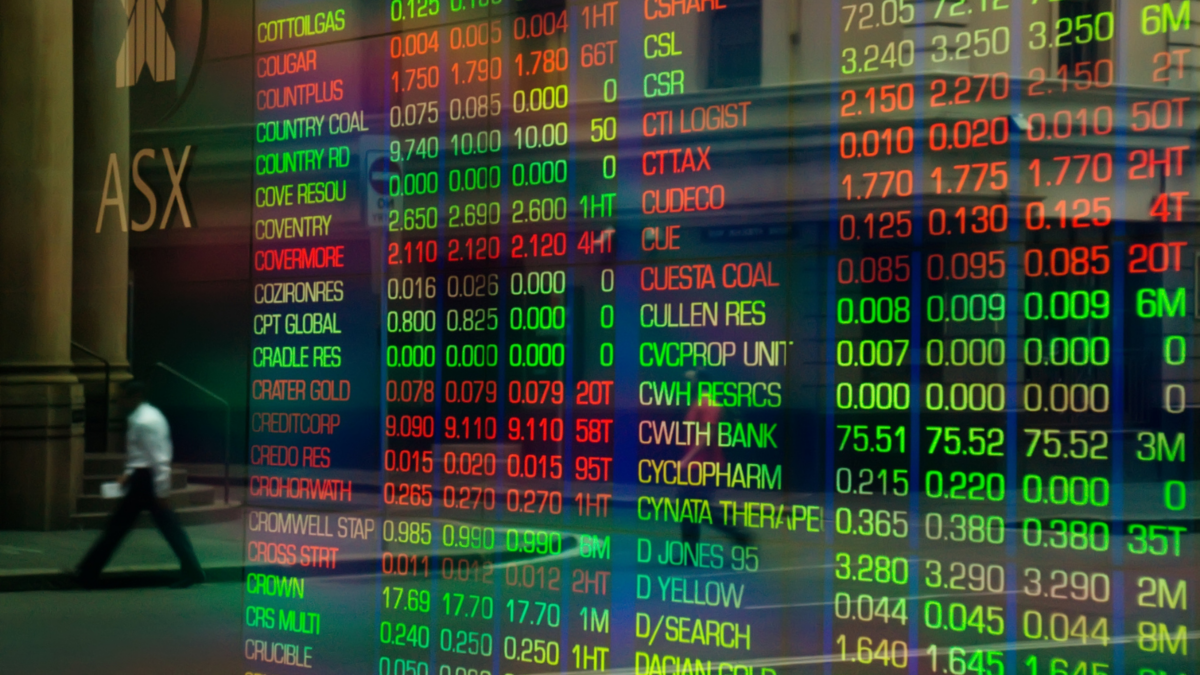Australian Ethical opens up on how its ethical charter shapes portfolios
The investment team at Australian Ethical have gone public with just how its ethical charter affects portfolios, detailing exactly the kind of industries it looks to invest in and the ones it avoids.
In a recent post the ethical fund manager explained that its fund look different to mainstream funds because it invests in future-building companies and industries. That means more in financial companies that align with its ethical charter, more in information technology that improves efficiency and reduces environmental footprint, and more in healthcare such as hospitals in biotech.
Relative to the S&P/ASX &MSCI World (ex-Australia) index, Australian Ethical is also overweight in industrials, communications services, real estate and utilities.
The flip side of this active investment involves sectors that the ethical investor shies away from so that it stays true to its charter. But that doesn’t mean the sector is ignored, as sometimes it’s a matter of finding the right companies within a sector that meet the guidelines.
Like most sustainable investment selection, nuance and a healthy dose of research means everything.
In energy, for example, where fossil fuel companies make up most of the sector, Australian Ethical eschews direct investment. Compared to the rest of the market, the fund manager is also very low on materials because it includes mining of non-renewable resources. Yet the materials sector is a broad one, involving the discovery and processing of many raw materials, and some companies meet the standards set out in Australian Ethical’s investment charter.
So while the fund manager is largely underweight in materials, it does own a portion of lithium miner Pilbara Minerals. It also has a stake in other materials companies Sims Metal and Orora.
“The portfolio does look different to mainstream,” says Australian Ethical portfolio manager and equity analyst Deana Mitchell. “We’re looking for investments that don’t harm people, planets or animals, and then we also apply an investment lens to stocks that are actively held in the fund.”
That investment lens is a crucial piece of the puzzle for sustainable investment managers like Australian Ethical, who are keenly aware that investors expect returns that match or beat those of mainstream funds and benchmarks.
“We’re looking for valuation upside and strong financials for the companies that we add to the portfolio,” Australian Ethical said. “For example, we are seeing resilient margins in companies with the ability to pass on costs increases to customers as cost pressures are rising, particularly wages costs.
“Similarly, rising interest rates have been impacting the bottom line of businesses with high debt, so we are investing in companies with healthy balance sheets.”










